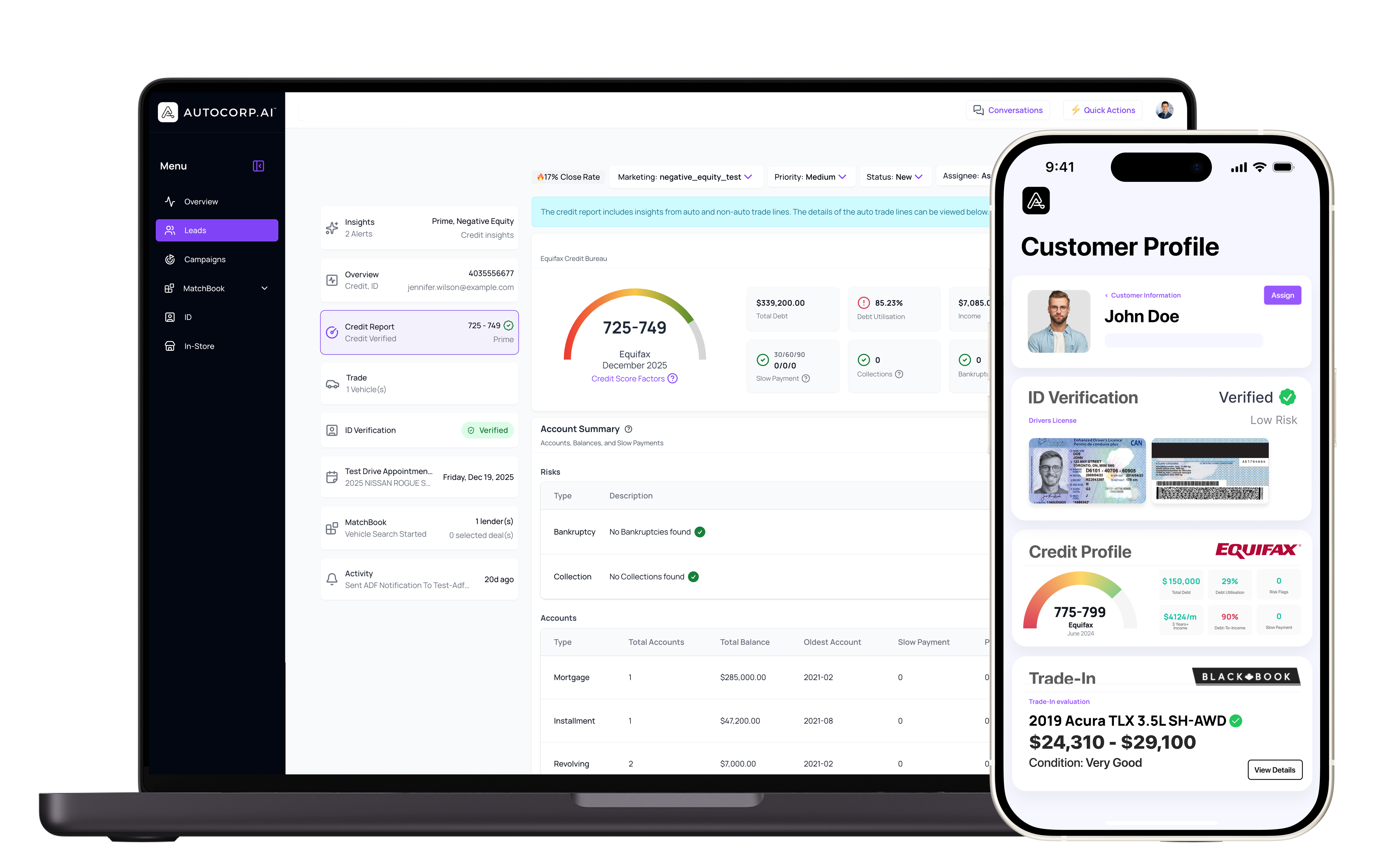
As electric vehicle (EV) sales continue to grow across Canada, dealership teams must be prepared to answer common questions about EV battery technology. For many potential buyers, concerns around EV batteries remain one of the biggest barriers to making the switch from gas to electric.
Understanding EV batteries, how they work, how long they last, and how they’re recycled is critical to building trust with customers and improving EV sales performance at your dealership.
In this guide, we’ll break down the most frequently asked questions about EV batteries and offer tips to help your sales and service teams confidently educate buyers.
There are several types of EV batteries used in modern vehicles, each with its own advantages and drawbacks.
Lithium-ion batteries are the most common battery type in today’s electric vehicles. Known for their high energy density, these batteries offer long life spans and consistent performance over time. They’re lightweight and efficient, though more expensive to manufacture. If not properly managed, they can be prone to overheating, which is why battery management systems are critical.
One of the earliest battery types used in electric vehicles, lead-acid batteries are inexpensive and easy to produce. However, they have low energy density and degrade faster than other options. They are typically used in older or low-range EV models but are less common in modern applications.
Once popular in hybrid models, NiMH batteries offer moderate energy density and reasonable durability. While more stable than lithium-ion in extreme conditions, they’ve largely been phased out in favor of more efficient technologies.
An emerging technology, ultracapacitors are being explored for EVs due to their ability to store and discharge energy quickly. They’re still in early adoption stages but show promise in boosting energy efficiency and lifespan in future EV models.
Battery longevity depends on several factors including the make and model of the vehicle, driving habits, charging patterns, and climate conditions. On average, most EV batteries last 7 to 10 years, with some extending beyond 15 years with proper care.
To help customers extend battery life, recommend the following:
Your service advisors should be well-trained to discuss EV battery maintenance during appointments, helping customers feel confident in their vehicle's long-term performance.
EV batteries contain valuable materials that can often be recovered and reused. Proper disposal and recycling are essential both for environmental protection and sustainability in the EV industry.
Here are the three primary methods of EV battery disposal:
This process involves melting the battery components to extract reusable metals. It’s widely used but can be energy-intensive.
Hydrometallurgy uses water-based chemical processes to separate metals like lithium, copper, and nickel. This method is more environmentally friendly and gaining popularity in the battery recycling sector.
Involves breaking down the battery into individual components for reuse. This process is typically the most sustainable and allows recovered materials to be reintroduced into new battery production.
To build trust with EV buyers and improve conversion, your team needs to be educated and proactive. Here are a few actionable tips:
EV battery education is one of the most effective tools dealerships can use to overcome buyer hesitation. While electric vehicles may have higher upfront costs, their long-term value, lower maintenance requirements, and government incentives make them a compelling choice for Canadian drivers.
By preparing your team with the right knowledge and resources, you’ll boost customer confidence and increase EV sales at your dealership.
